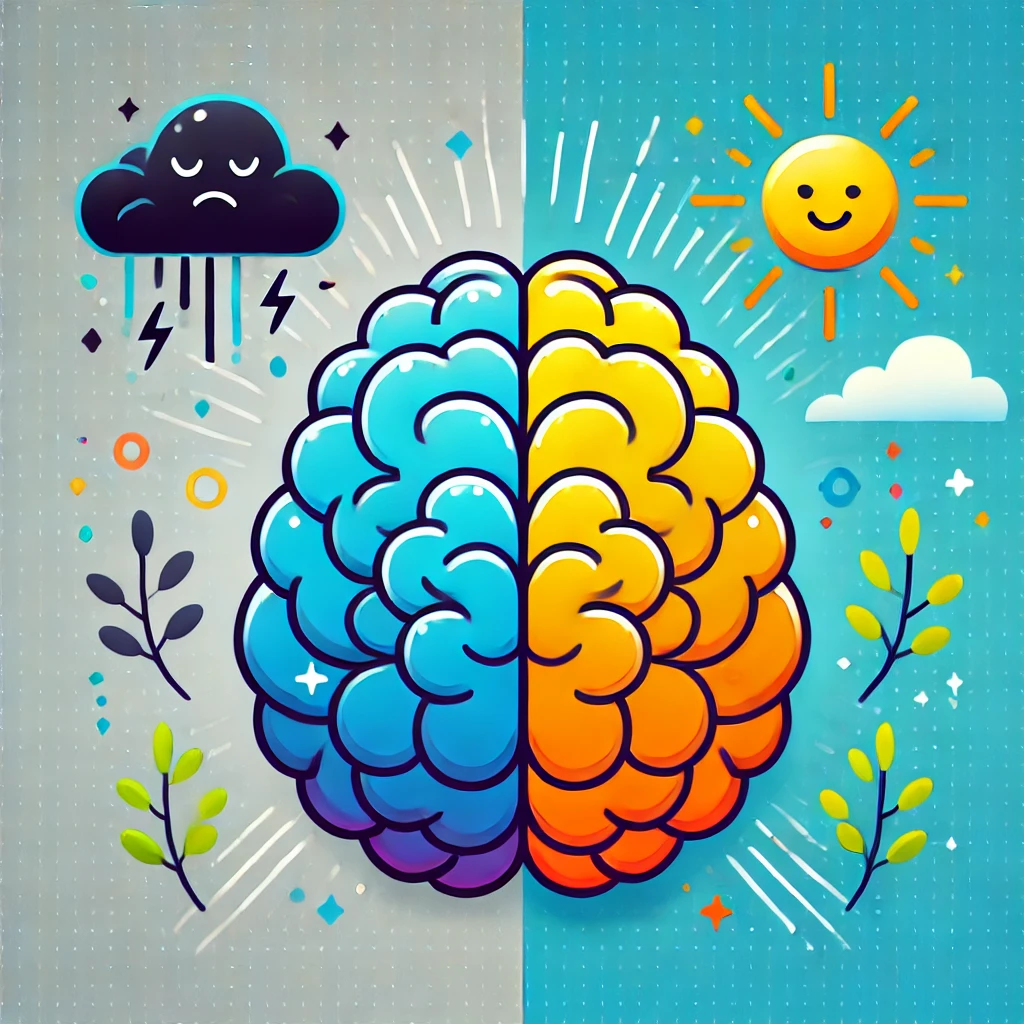Are you looking to switch from feeling stressed to being genuinely happy? Your brain’s chemistry plays a crucial role in your emotions. By redirecting your brain from stress chemicals to happy chemicals, you can boost your mood and reduce anxiety. Here’s how to do it:
1. Practice Mindfulness and Meditation
Mindfulness and meditation are powerful tools to calm your mind and reduce stress. By focusing on the present moment, you can decrease cortisol levels and boost serotonin, the happiness hormone. Start with just 5-10 minutes a day to see significant changes.
2. Stay Active with Exercise
Exercise is one of the best ways to release endorphins, which naturally uplift your mood. Whether it’s a brisk walk, a yoga session, or a full workout, moving your body can help you shift from stress to happiness. Even short, daily exercise sessions can have a big impact.
3. Eat Foods that Boost Your Mood
Certain foods can help regulate your brain’s chemicals. Omega-3-rich foods like salmon, walnuts, and flaxseeds are known to boost brain health and mood. Incorporate dark chocolate, berries, and fermented foods to increase serotonin and dopamine levels, enhancing your overall happiness.
4. Build Positive Social Connections
Connecting with others can significantly reduce stress. Social interactions release oxytocin, the bonding hormone, which promotes feelings of happiness and contentment. Make time for friends, family, or even pets to keep stress at bay.
5. Prioritize Sleep and Relaxation
Quality sleep is essential for mental well-being. Aim for 7-9 hours of sleep each night to allow your brain to recover and recharge. Additionally, relaxation techniques such as deep breathing, listening to soothing music, or taking a warm bath can lower stress and increase feelings of joy.
6. Practice Gratitude Daily
Cultivating gratitude can help shift your focus from what’s going wrong to what’s going right. Keep a daily gratitude journal to remind yourself of the positive aspects of your life, which in turn can increase serotonin and dopamine levels.
7. Limit Stress Triggers
Reducing exposure to stress triggers is key to maintaining a happy brain. Manage your time effectively by breaking tasks into smaller steps, and don’t hesitate to say no to unnecessary commitments that could increase stress.
8. Engage in Hobbies and Creative Activities
Pursuing hobbies you love or trying something new can stimulate dopamine production, making you feel happier and more fulfilled. Whether it’s painting, gardening, or learning a new skill, creative activities are a great way to redirect your brain from stress to happiness.
9. Embrace Laughter and Humor
Laughter is a natural stress reliever. Watching a comedy or spending time with funny friends can trigger the release of endorphins, instantly lifting your mood and redirecting your brain from stress to happiness.
10. Practice Self-Compassion
Being kind to yourself is essential for maintaining mental health. Treat yourself with the same kindness you would offer a friend. This practice reduces self-criticism, which is often linked to stress, and promotes a more positive mindset.
And finally
Redirecting your brain from stress to happiness is possible with the right strategies. By incorporating mindfulness, exercise, healthy eating, social connections, and self-care into your routine, you can train your brain to focus on happiness rather than stress. Start today and enjoy a more joyful, stress-free life.
